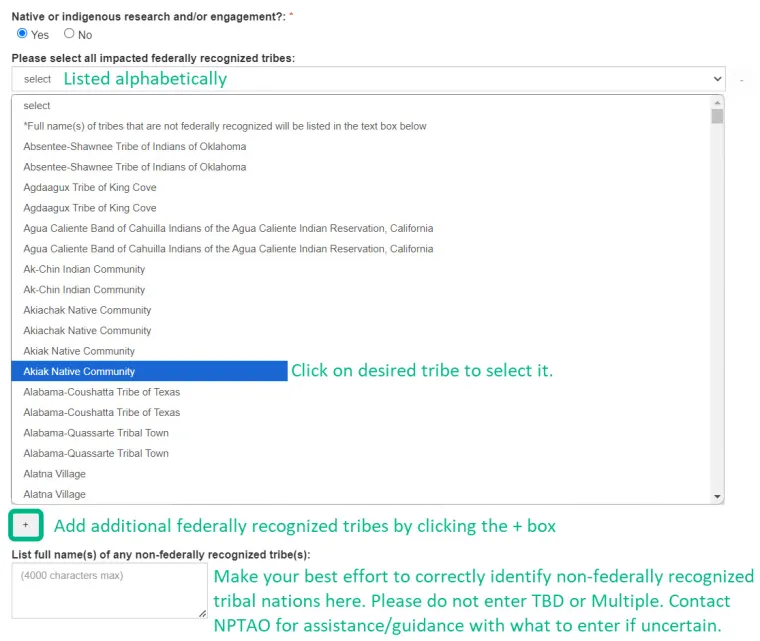Work abroad on a U.S. military base?
If a project involves work on a U.S. military base abroad, additional international travel insurance requirements may be required. For expert guidance, contact the UA Export Control Program well in advance of travel.
Defense Base Act (DBA) Insurance is a federal requirement for international travel that is associated with the U.S. federal government. There are two primary triggers when DBA must be obtained:
- Travel abroad as part of a public work or service contract with the U.S. federal government where the UA is a contractor or subcontractor
- Travel to conduct work on a U.S. military installation abroad
DBA is generally NOT required for travel under federal research grants, cooperative agreements with federal agencies, or other authorized university travel unless one of the two triggering criteria listed above are applicable.
To arrange DBA insurance, ask your departmental Business Officer to complete a DBA Insurance Application Form and submit it to Risk Management Services a minimum of 30 days in advance of departure. Email confirmation of DBA coverage will be sent to the traveler and their department. Contact Risk Management Services at (520) 621-1790 or risk@email.arizona.edu for additional forms information.


